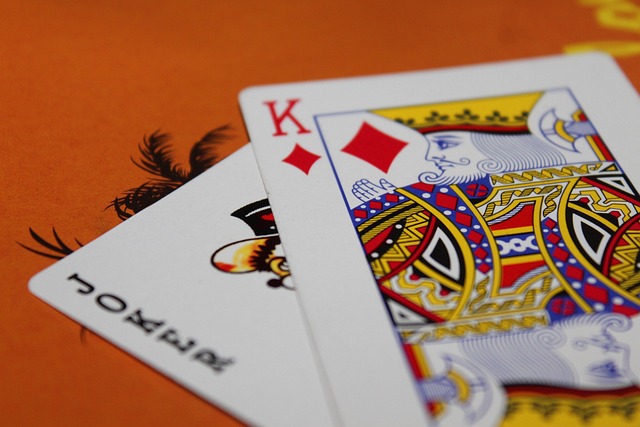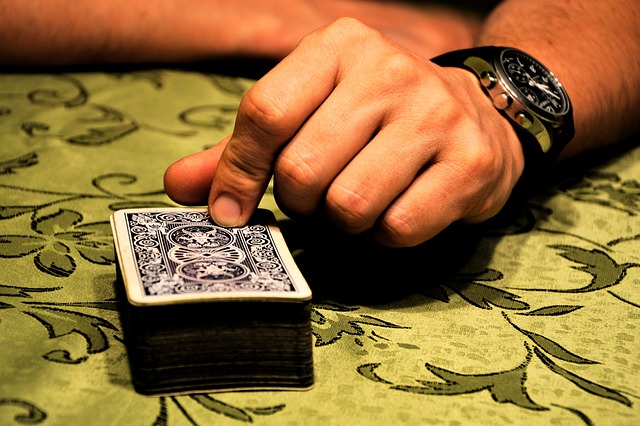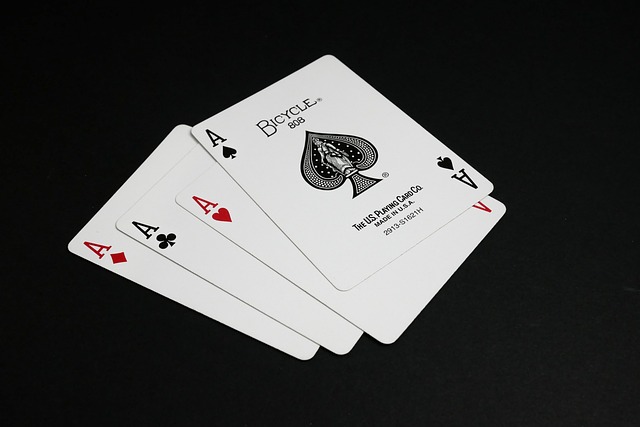
Poker Face: The Importance of Body Language in Poker
In this blog post, we’ll explore the significance of body language in poker, how to read opponents, and the art of maintaining a strong “poker face.”
The Language of Poker
- Non-verbal cues
In poker, the players communicate with one another using non-verbal cues, which can include body movements and facial expressions.
- Concealing Emotions
When playing poker, players typically hide their emotions to make the other players think they are playing with a secret mind. The poker face is an expression used to conceal thoughts.
- Misdirection
Experienced players can trick their opponents using gestures or subtle expressions. This strategy, which is called false tells, is used to get an advantage and confuse others.
Maintaining Your Poker Face

- Practice
Maintaining a strong poker face requires practice. Play judi bola with friends or in low-stakes games to refine your ability to conceal emotions.
- Controlled Breathing
Controlling your breath can help manage stress and prevent visible signs of nervousness. Take slow, deep breaths to stay calm.
- Neutral Expression
Keep your facial expression neutral. Avoid sudden smiles, grimaces, or eye movements that might give away your hand’s strength.
- Observe Your Opponents
Pay close attention to your opponents while focusing on your poker face. Look for tells and try to spot inconsistencies in their behavior.
The Online Poker Challenge
During the age of online poker, interpreting body language is easier with the benefit of face-to-face interaction. Nevertheless, online poker brings a fresh set of social signals to take into account:
- Speed of wagering
The pace a player bets or checks in online poker can signal how strong their hand is. Quick bets may signal confidence, while delays may suggest uncertainty.
- Chatbox Activity
Some players use the chatbox and IviBet website, to engage in conversation or mislead opponents. Watch for patterns in chat behavior that could provide insights into a player’s strategy.
- Sizing of bets
The amount a player bets in online poker games can also provide insight. Big wagers could indicate a powerful hand, whereas small wagers might suggest a less strong hand.
Bluffing’s Psychological Aspect

Bluffing is a crucial aspect of poker, heavily relying on body language and psychology. Effective deceivers utilize their physical cues to construct a misleading story that persuades adversaries of the power of their cards. To become skilled at bluffing, take note of these suggestions:
- Consistency is Key
Maintain consistent behavior regardless of your hand’s strength. This makes it harder for opponents to detect changes in your demeanor when you do decide to bluff.
- Study Opponents
Pay attention to your opponents’ reactions when they bluff or hold strong hands. Learning their habits can help you become a more effective bluffer.
- Timing is Everything
Well-timed bluffs are often more successful. Consider the context of the basketball game and the tendencies of your opponents when deciding when to bluff.
In poker, utilizing body language can help you keep a composed poker face while also gauging your adversaries. Finding the right balance may be difficult, but the payoff comes from observing how it enhances the game.